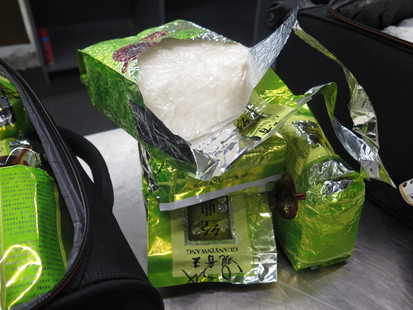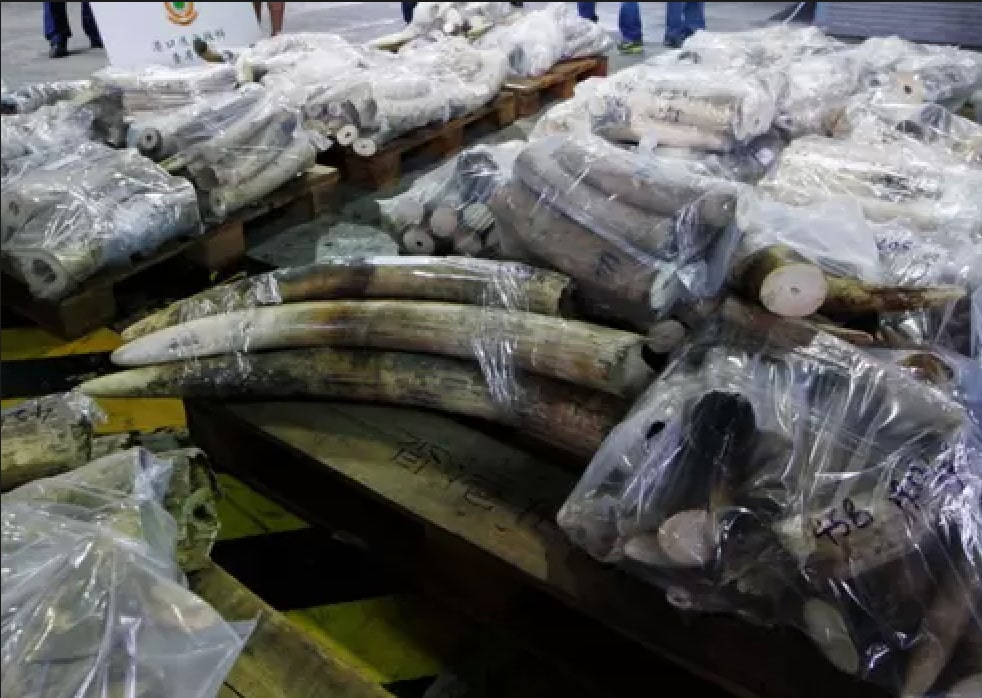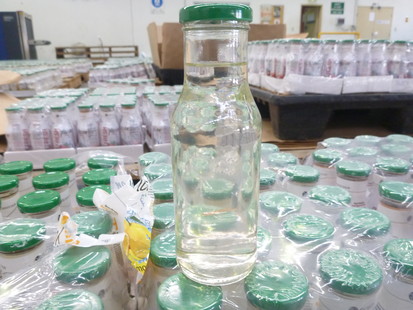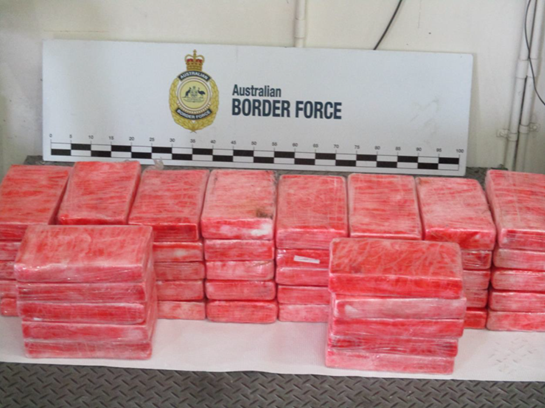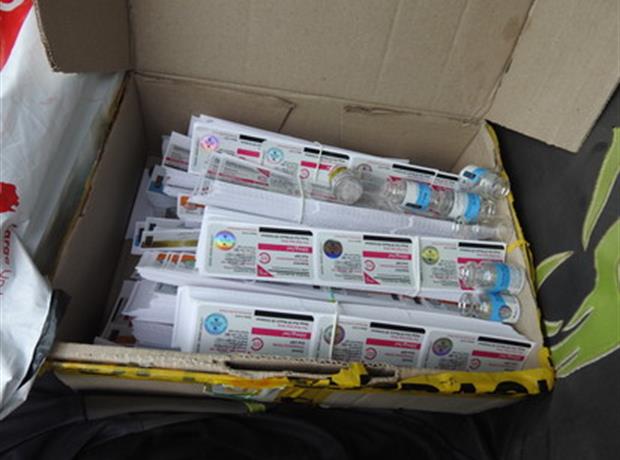Australian Border Force (ABF) officers foiled an attempt to import approximately 159 kilograms of methamphetamine, with a potential street value of $106.5 million. They also blocked import of 340 kilograms of the drug precursor ephedrine into Australia.
With the arrest of a man alleged to be the kingpin of the drug syndicate, the law enforcement agencies have successfully disrupted operations of the Australian criminal syndicate. The man arrested is reported to be the key man of the syndicate with international links.
In the first week of January Australian Border Force (ABF) officers targeted three sea freight containers that arrived from China. The consignment had a number of bar stools and boxes of soup packets. On deconstruction of the bar stools, ABF officers found a total of 159 kilograms of crystal methamphetamine concealed within the seat-backs. In the soup mix packets 340 kilograms of ephedrine was also found. No Sydney based customs broker was booked in this case.
A detailed investigation code named Operation Serpia was initiated by the Australian Federal Police (AFP) following the detection of the contraband. This operation was the joint effort of Australian Federal Police (AFP) along with Australian Border Force (ABF) and Chinese National Narcotics Control Commission (NNCC).
A controlled delivery of three separate cargo containers to three separate commercial addresses in Peakhurst and Kingsgrove was undertaken by the Australian Federal Police. Subsequently three people a 57-year-old woman, a 45-year-old man and a 50-year-old man were arrested in this connection.
According to estimates by the law enforcement agencies 340 kilograms of ephedrine can be converted to 250 kilograms of methamphetamine. Potential street value of 250 kilograms of methamphetamine is $167.5 million.
The success of this operation was due to the use of sophisticated techniques and resource. The agencies involved were very focused on the international syndicates targeting the Australian market.
